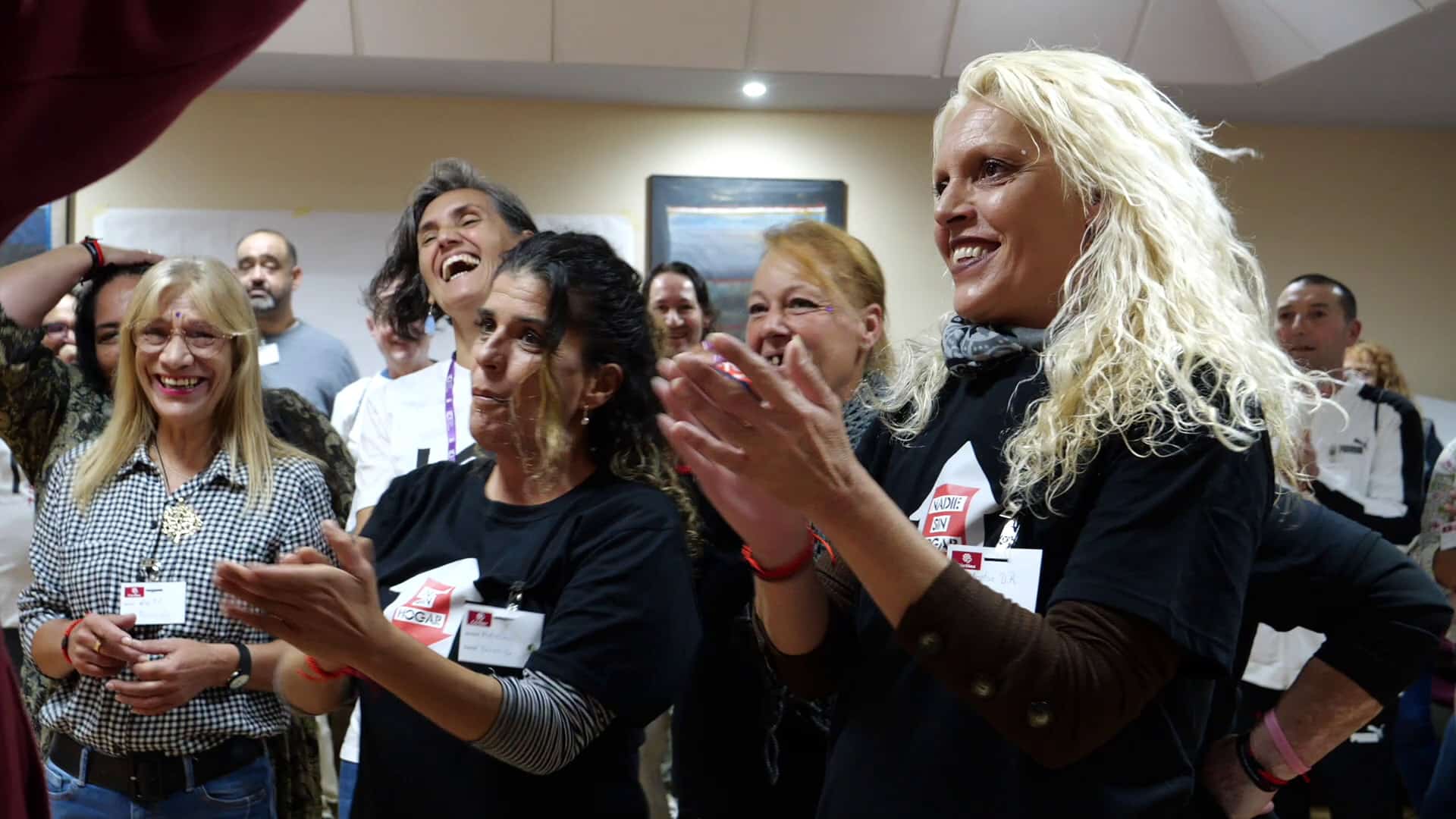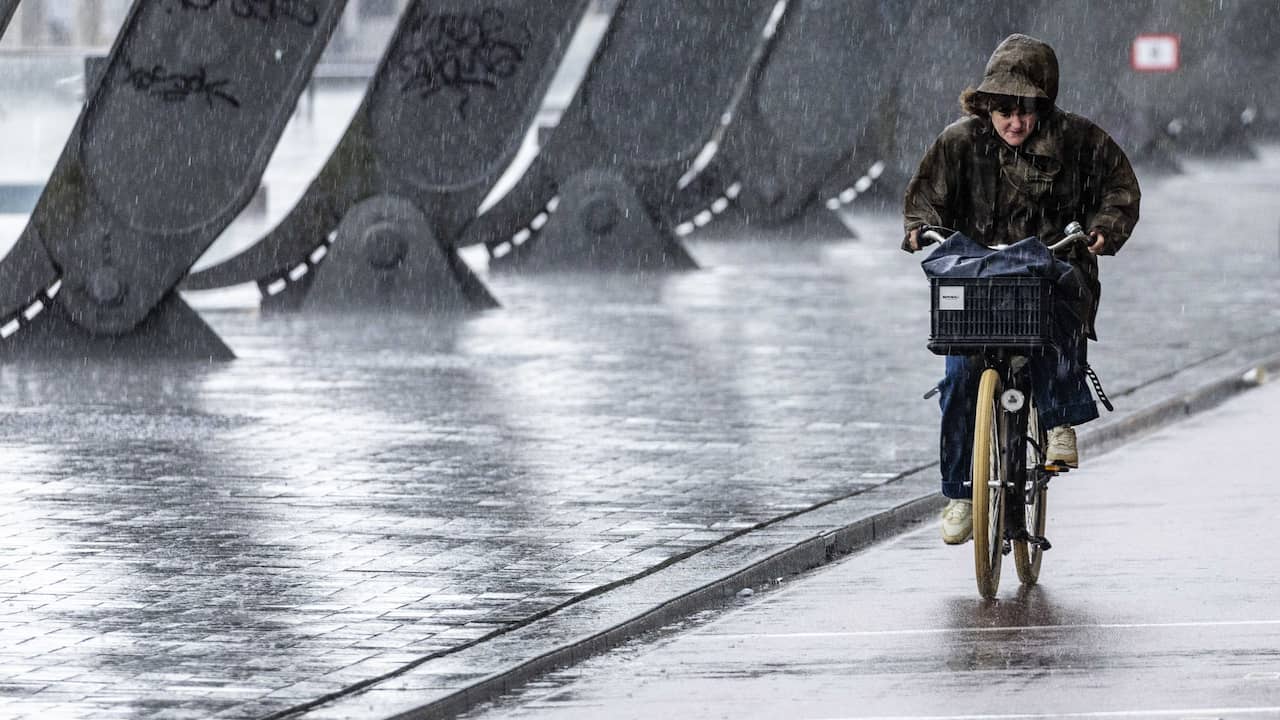Last year Cáritas assisted 39,487 homeless people on the streets, 6.13% more than the previous year, according to the Activities Report presented last June. Two out of ten were women and more than half were Spanish (51.6%).
The progressive increase in female demand in these Cáritas projects has motivated that in the last five years, 36% of diocesan Cáritas have decided to increase the places available for women in their resources. This is reflected in the study “A job, a room and a cat”, whose objective is to identify the situations of homelessness experienced by women cared for by Cáritas.
Sensitive to this phenomenon of the feminization of exclusion, two out of ten diocesan Caritas have decided to launch specific programs or services for women in residential emergencies. Currently, 32% have specialized resources for them.
“This mobilization of resources responds not only to the increased sensitivity regarding the situation of many homeless women, but also to the slow response they receive from the Public Administration and above all to their special lack of protection and vulnerability, as well as to greater stigmatization,” explains Maria Santos, responsible for the Homeless People program of Cáritas Española.
The study, carried out through a survey and interviews with homeless women, confirms how society and public entities continue to reduce homelessness for people who sleep on the street or live temporarily in residential resources, ignoring the situations in which they find themselves. many women and who are more difficult to make visible.
In this sense, María Santos explains that it is not contemplated “how women go about avoiding sleeping on the street in any way by looking for alternatives that make them more vulnerable, such as living in unsafe housing – under threat of eviction, sheltered by family or friends, with illegal occupations, under threat of sexist violence, or offering care in exchange for accommodation.
“This way of confronting or delaying the situation on the street – he adds – aggravates the problem by enduring situations of violence and precariousness for longer periods of time, in addition to causing them to remain invisible to the system, making it difficult to quantify them.”
For Santos, the progressive increase in the number of homeless women on the street “represents a challenge in the design of public policies for both prevention and intervention” especially because “they are not always women alone, but in many cases they are accompanied of their sons and daughters, who are also left in a situation of lack of protection.”
Typologies of ‘homelessness’
Homelessness is a social problem that not only affects homeless people. The number of people affected by this reality varies depending on the degree of residential exclusion taken into account. According to the European Typology of Homelessness and Residential Exclusion (ETHOS) there are four categories: homeless, homeless, insecure housing or inadequate housing. People who are on the streets and those who go from accommodation to accommodation are the best-known face of this phenomenon. However, people who live in shacks, caravans, settlements or rented homes are the most invisible part of ‘homelessness’.
According to the “VIII Report on Exclusion and Social Development in Spain”, presented in January 2022, one in five families in our country suffers residential exclusion, that is, they have serious difficulties in relation to access and maintenance of housing. In the case of households in severe poverty, this percentage increases to 69%.
“Out of coverage” campaign
On the occasion of Homeless People’s Day, which will be celebrated on October 29, Cáritas has launched a new campaign. Under the motto “Share your network. Don’t let them be left out of coverage.”the initiative denounces the lack of access to rights, and especially, the lack of social protection that these people suffer.
“Our effort is to make visible the reality of extreme vulnerability experienced by people who are left on the margins of social relations, of normalized public space, of access to their right to housing, employment and social protection,” explains Santos.
“We want our campaign – he adds – to serve to raise awareness that it is essential to continue working so that all people can access their rights and be included in social and community life.”
#ten #homeless #people #streets #served #Cáritas #women #Caritas


